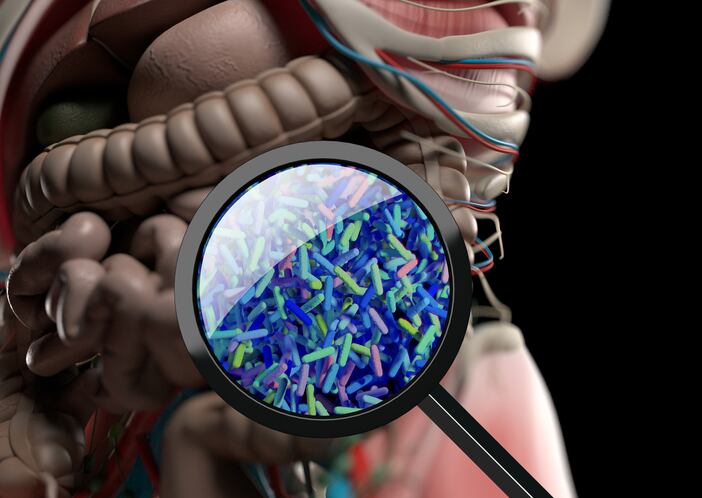The team also confirms the five-strain blend, MED-01 as the likely cause of increased levels of beneficial bacteria in the gut and the suppression of harmful bacteria after 12 weeks of the probiotic’s ingestion.
“The study demonstrated that MED-01 intake significantly reduces the Nugent score, a discriminant index of BV, and alleviates symptoms such as vaginal discharge, dysuria, and burning sensation,” the research team states.
“Additionally, intake of MED-01 increases the proportion of beneficial Lactobacilli and diminishes the harmful BV-causing pathogens.
“We suggested the possibility of using MED-01 as a new and safe functional probiotic for women with symptoms of BV.”
BV’s high recurrence rate is of concern to healthcare specialists due to repeated exposure to antibiotics and the emergence of drug-resistant bacteria.
Repeated treatment of BV leads to an imbalance in the vaginal environment and a high recurrence rate of vaginal infections.
Alternative solutions to restore the healthy vaginal microbiota include probiotics made available by Giellepi’s oral probiotic RESPECTA, and Deerland’s probiotic EcoVag.
Study details
Writing in the journal Nutrients, the study adopted a 12-week, randomised, multicentre, double-blind, placebo-controlled clinical trial, in which 76 reproductive-aged women completed the procedure.
These women were asked to either consume the MED-01 probiotic blend or a placebo with water once daily for 12 weeks.
Here, the capsules contained 5.0 × 109 colony forming units (CFU) probiotic strains with 1.0 × 109 CFU of Lactobacillus salivarius MG242, L. fermentum MG901, and L. plantarum MG989.
Other strains in the blend include L. paracasei MG4272, and L. rhamnosus MG4288 each. In contrast, the placebo capsules contained only maltodextrin.
To confirm the effects of the investigated food supplements, all participants visited the clinic at six and 12 weeks of the trial, where they were assessed.
Results revealed that compared to the placebo, the Nugent score in the MED-01-intake group decreased by −0.36, whereas it increased by 0.19 in the placebo-intake group.
The results of the symptom questionnaire evaluation demonstrated that vaginal discharges and dysuria pain were significantly reduced in the MED-01-intake group after six and 12 weeks of intake compared with that at the baseline.
More study findings
Additionally, the vaginal burning sensation decreased after ingestion of MED-01 and increased in the control group within the same period.
The vaginal odour decreased during the test period in both the groups; therefore, the difference between the two groups could not be confirmed.
Changes in the vaginal microbiota after 12 weeks of MED-01 and placebo consumption included an increase of beneficial Lactobacillus plantarum levels in the vagina.
Also, harmful bacteria such as Mobiluncus spp., Gardnerella vaginalis, and Atopobium vaginae were suppressed after 12 weeks of MED-01 ingestion.
In explaining the changes in the gut microbiota, the team said, “This is consistent with the mechanism revealed in previous in vitro and in vivo experiments.
“Ingested MED-01 improves the vaginal environment by migrating to the vagina and inhibiting pathogen adhesion and biofilm formation on the vaginal wall.”
Mobiluncus spp., G. vaginalis, A. vaginae, and B. fragilis identified in this study are representative pathogens that increase during vaginitis, they add.
“G. vaginalis is the most representative indicator of vaginitis and is known to increase in the early stages of disease onset, exfoliate epithelial cells, and increase the inflammatory response.
“A. vaginae forms a biofilm together with G. vaginalis, causing inflammation of epithelial cells and making it challenging to treat BV because of its antibiotic resistance,” the study explained.
“Mobiluncus spp. highly influence the recurrence of BV and produce malic acid and trimethylamine, causing vaginal irritation and an unpleasant odour.”
Source: Nutrients
Published online: doi.org/10.3390/nu15020331
“Efficacy and Safety of MED-01 Probiotics on Vaginal Health: A 12-Week, Multicenter, Randomized, Double-Blind, Placebo-Controlled Clinical Trial.”
Authors: Sung-Ho Park et al.

